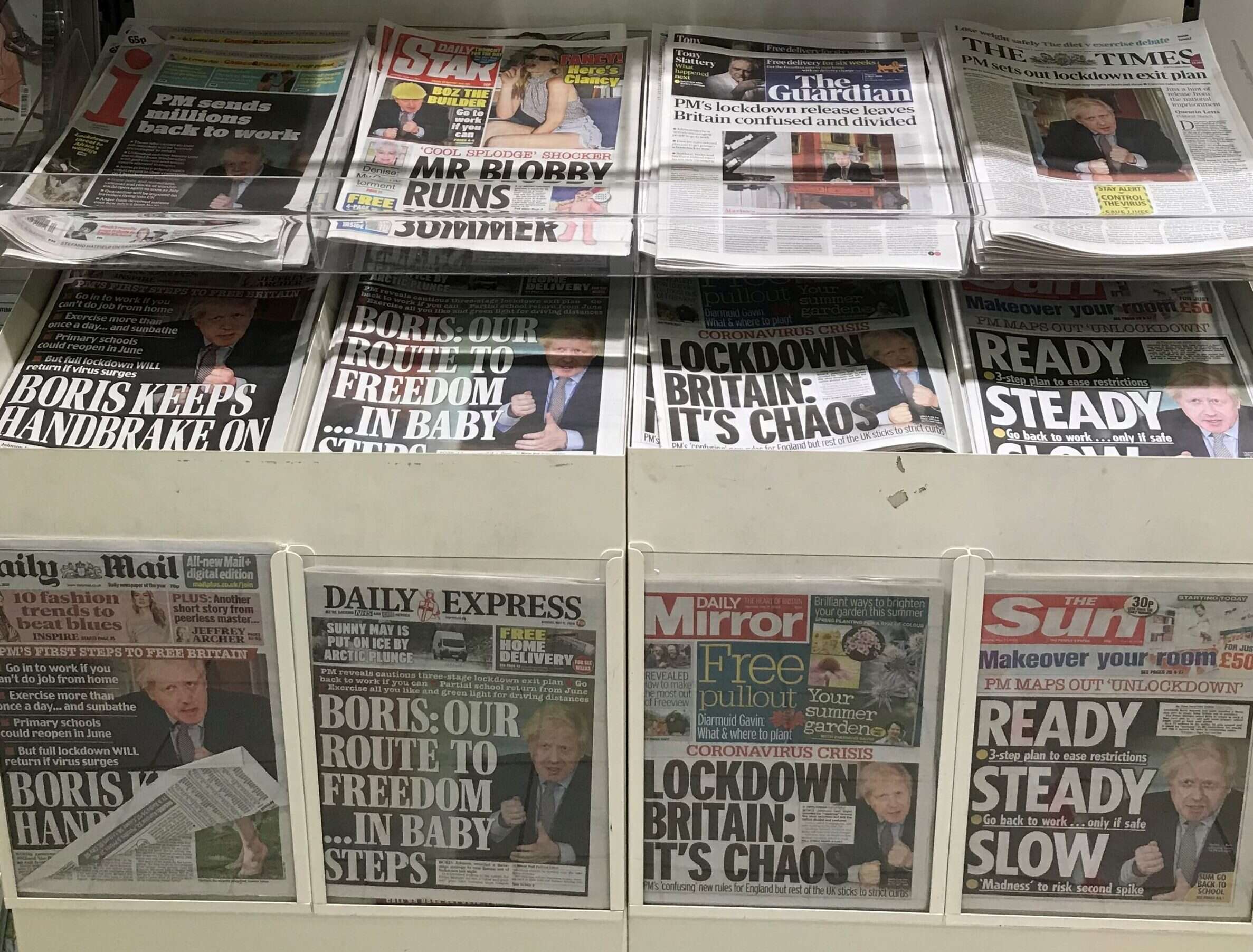
Celebrity and entertainment journalism has stayed strong throughout the Covid-19 pandemic as editors wanted an “antidote” to the “relentlessly negative” news cycle.
Despite disruption to gigs, film and TV production, the inability to carry out face-to-face interviews, and a focus on Covid-19 news coverage, editors were keen to keep “light and shade” in their pages.
Nick McGrath, who has freelanced for several national newspapers over the last 15 years, has carried out just two in-person interviews since March, compared to two or three per week previously.
But he told Press Gazette that although the past six months have been “really tough” for many journalists “personally it’s just not been the case for me because it’s been relentlessly negative and miserable and awful and Covid obviously dominating the news agenda but I think editors have wanted at least a bit of antidote to that, something different”.
“I was concerned that celebrity interviews would die, that they would be so fluffy and unnecessary that editors wouldn’t want to commission anything but that’s just not been the case at all.
“I think they thought you need a bit of light and shade and they wanted to continue commissioning so because I’m quite established it’s been fine for me but I would guess if you’re starting out it’s probably a different story.”
Donna Ferguson, a freelance journalist who mainly works for the Guardian and Observer, largely agreed, adding that it had also been good for her mental health to write more light-hearted stories alongside hard-hitting news.
“Some of the stories I’ve written for [the Observer] have been really harrowing and quite hard-hitting about the pandemic and I’ve interviewed A&E doctors and people on the frontline who have had really tough days and I’ve got off the phone and cried,” Ferguson said.
“For me it’s been a bit of a lifesaver having the ability to interview celebrities along with the more serious stuff I do write.”
Ferguson said her income had been adversely affected by the pandemic and that she had worked longer hours to secure celebrities, especially at the start when events were being cancelled, but that the interview slots have remained.
“They don’t necessarily appear in print in the way they would have done before the pandemic because pages get cut but they still appear online and there’s a following for them and a desire for them,” she said.
But she added: “It feels like you’re doing something that lightens people’s day and that’s been so important in this pandemic, I think… it’s like we’re providing a bit of a service. It’s the mix.
“That’s why there is work still around – it’s not like just because there’s been a pandemic all the news is serious, there’s still some scope and space in newspapers and magazines for the more light-hearted things because everyone needs that and it’s that variety of newspapers as curated products.”
Ferguson and McGrath have therefore decided to run a “very practical” webinar on Monday about how to pitch and make a living interviewing celebrities to help other freelance journalists find work during the pandemic.
“So many people are being made redundant or going freelance or finding that their work as a freelance has dried up and this is just something you can do alongside other types of freelancing,” Ferguson said.
“It doesn’t have to just be something that only people who know celebrities get to do.”
Picture: Press Gazette
Email pged@pressgazette.co.uk to point out mistakes, provide story tips or send in a letter for publication on our "Letters Page" blog
